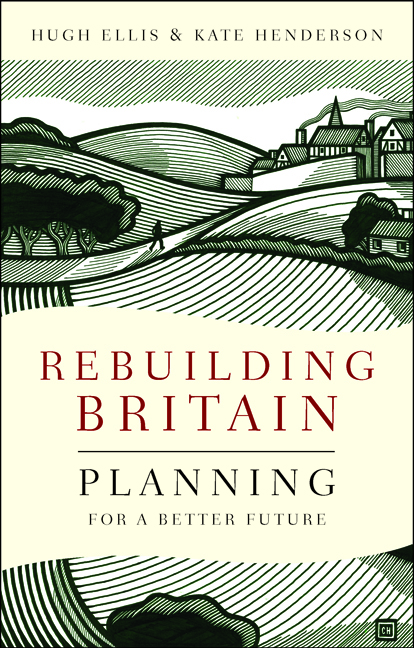7 - The climate change challenge
Published online by Cambridge University Press: 04 March 2022
Summary
Climate change is an all encompassing threat, directly affecting the environment, the economy, health and safety. Many communities face multiple stresses with serious social, political and security implications, both domestically and abroad. Millions of people are uprooted or permanently on the move as a result. Many more millions will follow. (Kofi Annan, 2009)
Climate change is the greatest long term challenge facing human development. It is causing 300,000 deaths a year across the globe and is affecting the lives of 325 million people. By 2030 the number of people affected by climate change will double to 660 million, impacting on the lives of 10% of the world's population, according to a report, The anatomy of a silent crisis, produced by former United Nations (UN) Secretary-General Kofi Annan's thinktank, the Global Humanitarian Forum. Of the fatalities due to weather-related disasters, 99% are in developing countries, according to the study. Within developed countries, climate change disproportionately affects the most vulnerable groups in society (the elderly, the disabled, and lower-income households), as well as having a major economic impact.
Climate change is clearly our biggest economic and social challenge because without climate stability, we cannot forge a society that is sustainable and fair in the long term. In whatever sector we work, we must forge practical and rapid paths to a sustainable low-carbon future. We understand the science – and we know that climate change can be tackled by shaping new and existing developments in ways that reduce carbon dioxide emissions – but as a nation we are not acting anywhere near fast enough.
We need to work nationally and internationally to secure progress on addressing climate change even if such agreement seems unattainable. We also desperately need to galvanise local action and to take personal responsibility. This is all the more complex with a fragmented planning system, severe opposition to some forms of renewable energy, such as onshore wind farms, and successive government's prioritisation of economic growth over sustainable development, missing the opportunity to create a vibrant, sustainable low-carbon economy.
Climate science
There continues to be some scepticism about climate change among a minority of politicians, academics and corporations who get a disproportionate amount of media coverage. The core science, however, is unambiguous.
- Type
- Chapter
- Information
- Rebuilding BritainPlanning for a Better Future, pp. 55 - 64Publisher: Bristol University PressPrint publication year: 2014



